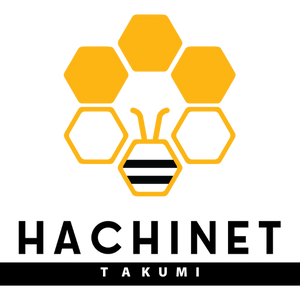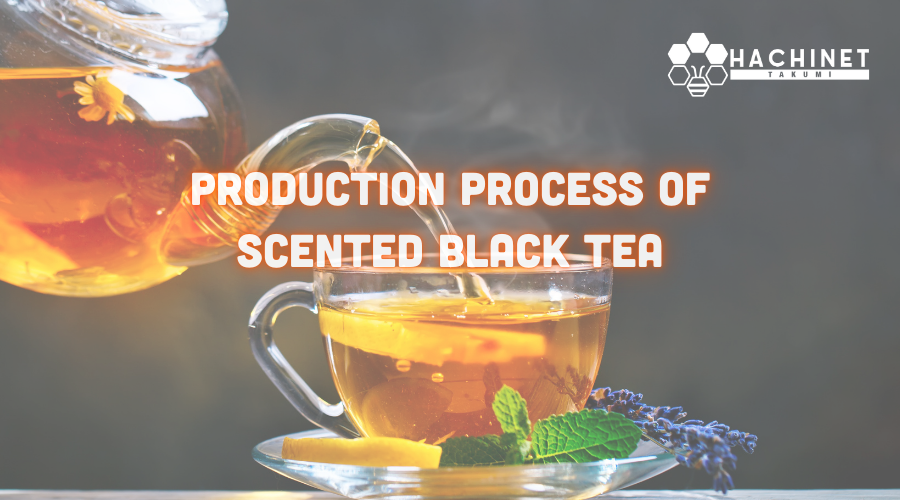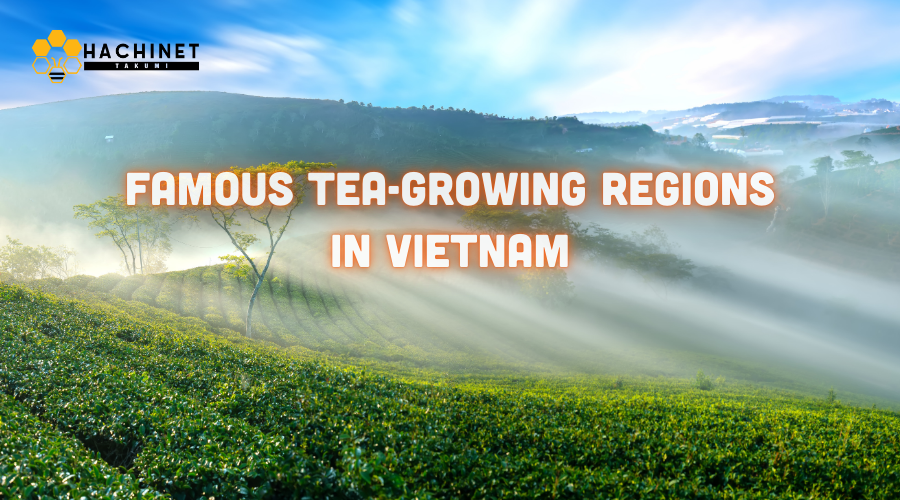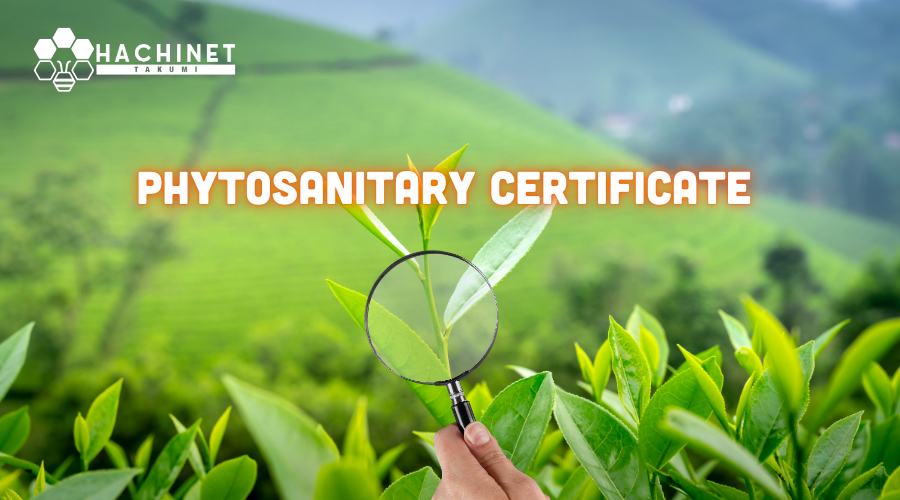Analyzing the Quality of Vietnamese Black and Green Tea Exports to East Asian Markets
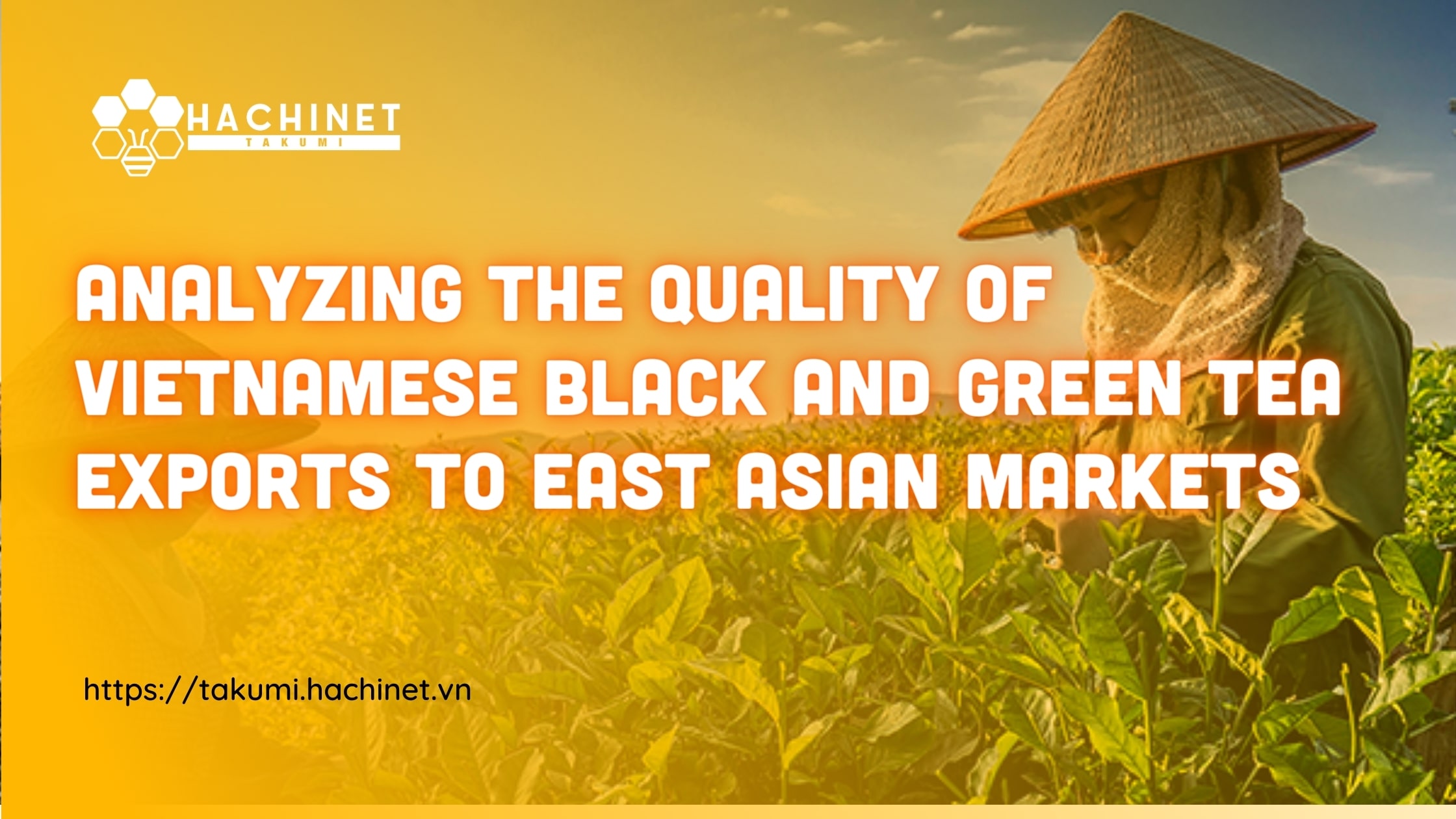
Vietnam has emerged as a significant exporter of both black and green tea, renowned for its exceptional quality and diverse offerings. In this analysis, we delve into the distinct characteristics and quality attributes of Vietnamese black and green tea exports to East Asian markets, examining factors such as flavor profiles, production methods, cultural preferences, and market trends.
Vietnamese Black Tea Exports:
- Vietnamese black tea is celebrated for its bold flavor, rich aroma, and deep color, making it a favorite among tea enthusiasts worldwide. The quality of Vietnamese black tea stems from several factors, including the region's favorable climate, fertile soil, and skilled tea artisans.
- Regions such as Thai Nguyen and Bao Loc are renowned for their black tea production, with tea gardens nestled in the highlands producing teas of exceptional quality. The cool climate and misty mountains create optimal conditions for tea cultivation, resulting in teas with complex flavors and nuanced aromas.
- Vietnamese black tea exports to East Asian markets, including China, Japan, and South Korea, have been met with positive reception due to the tea's distinctive taste profile and high quality. In China, for example, Vietnamese black tea is prized for its robust flavor and is often used in blends or enjoyed on its own as a standalone beverage.
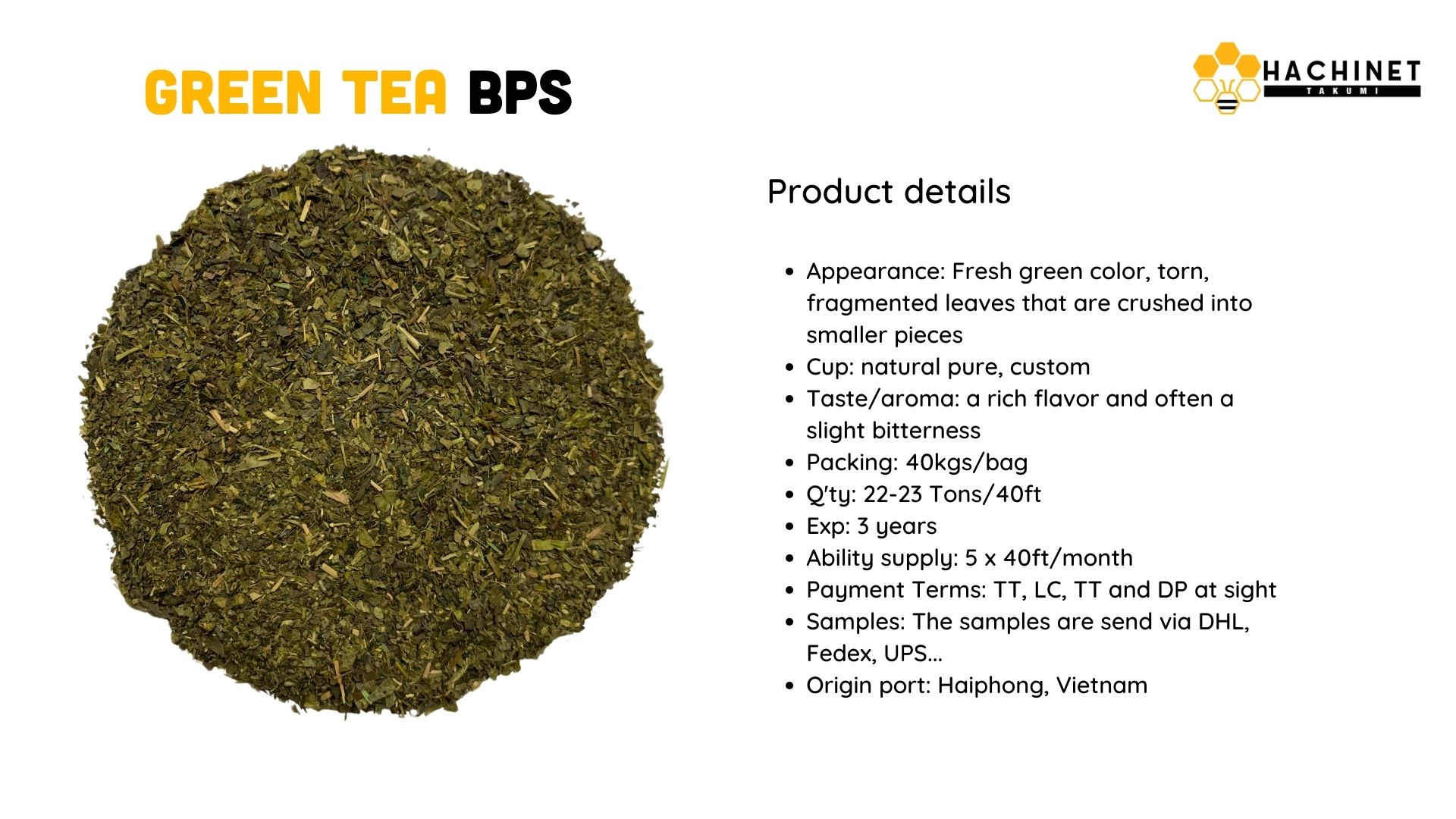
Vietnamese Green Tea Exports:
- Vietnamese green tea is characterized by its fresh, grassy flavor, bright green color, and delicate aroma, making it a popular choice among health-conscious consumers. The quality of Vietnamese green tea is influenced by factors such as terroir, cultivar selection, and processing techniques.
- Regions such as Moc Chau and Son La are renowned for their green tea production, with tea gardens situated in the highlands benefiting from cool temperatures and abundant sunshine. Vietnamese green teas are typically harvested and processed using traditional methods to preserve their natural flavors and aromas.
- Vietnamese green tea exports to East Asian markets have gained traction in recent years, with countries such as Japan and South Korea showing a growing interest in Vietnamese green teas. Japanese consumers, in particular, appreciate the subtle sweetness and umami notes of Vietnamese green teas, which complement their culinary preferences and tea culture.
Quality Standards and Certification:
- Vietnamese tea producers adhere to stringent quality standards and certifications to ensure the consistency and authenticity of their products. Many tea gardens in Vietnam are certified organic, utilizing sustainable farming practices and avoiding the use of synthetic pesticides or fertilizers.
- Additionally, Vietnamese tea exporters may seek certifications such as ISO, HACCP, and Fair Trade to demonstrate compliance with international quality and safety standards, enhancing the credibility and marketability of their products in East Asian markets.
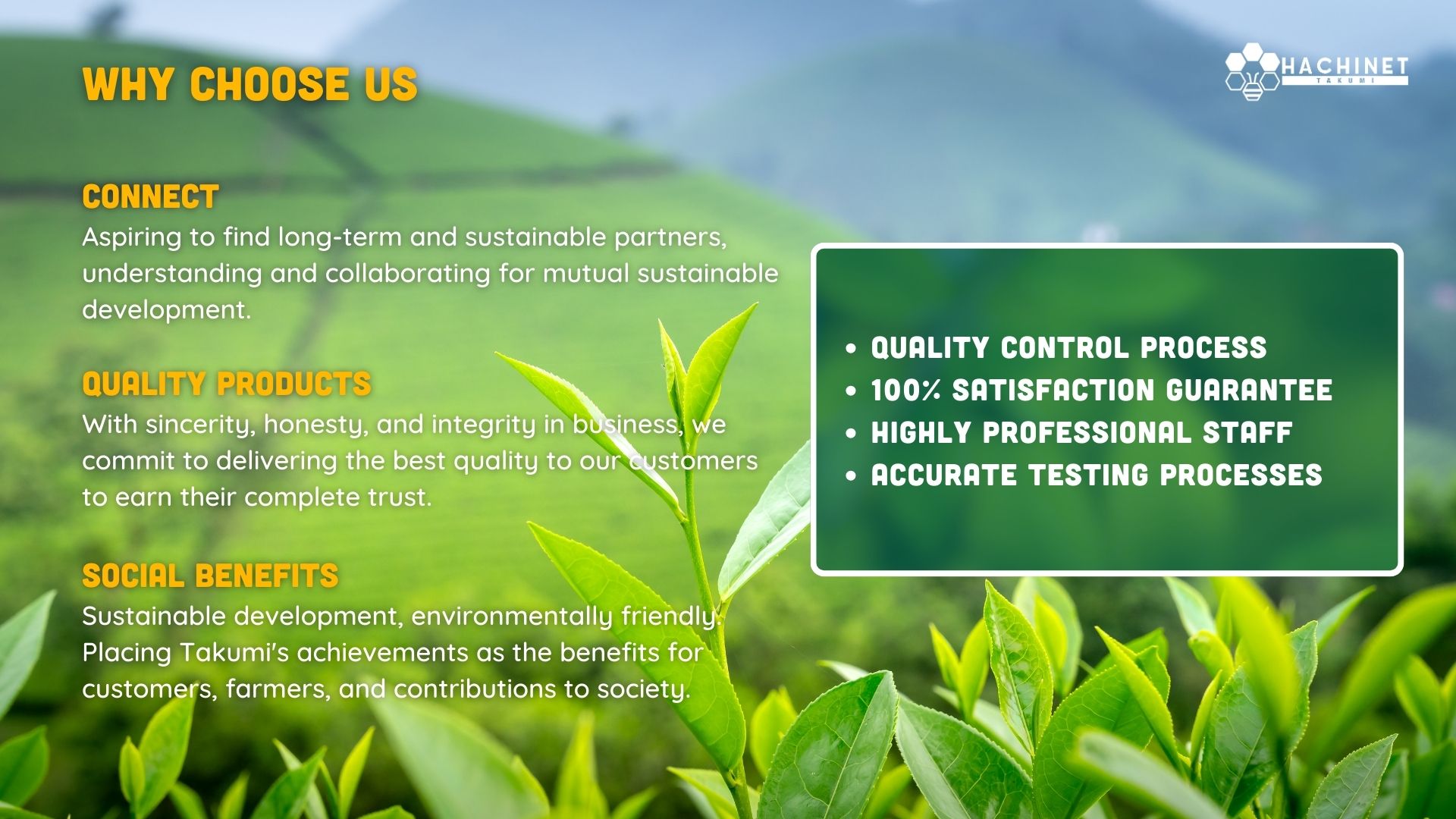
Cultural Preferences and Market Trends:
- Understanding cultural preferences and market trends is essential for Vietnamese tea exporters seeking to penetrate East Asian markets successfully. In China, for example, black tea is deeply ingrained in tea culture, with consumers valuing teas with bold flavors and rich aromas.
- In contrast, Japanese consumers have a preference for delicate and nuanced green teas, appreciating teas with umami notes and a smooth mouthfeel. Vietnamese green teas, with their fresh and grassy flavors, appeal to Japanese consumers seeking high-quality teas for everyday enjoyment.
- South Korean consumers, on the other hand, value teas that offer a balance of flavor and aroma, with a focus on teas that promote health and wellness. Vietnamese teas, with their diverse range of offerings and emphasis on quality, cater to the preferences of South Korean consumers seeking premium teas for various occasions.
Vietnamese black and green tea exports to East Asian markets offer a diverse range of high-quality teas that cater to the preferences of discerning consumers. With their distinctive flavor profiles, traditional processing methods, and adherence to quality standards, Vietnamese teas have carved a niche for themselves in markets such as China, Japan, and South Korea. By understanding cultural preferences, leveraging quality certifications, and adapting to market trends, Vietnamese tea exporters can capitalize on the growing demand for premium teas in East Asia and establish themselves as leading suppliers in the region.
